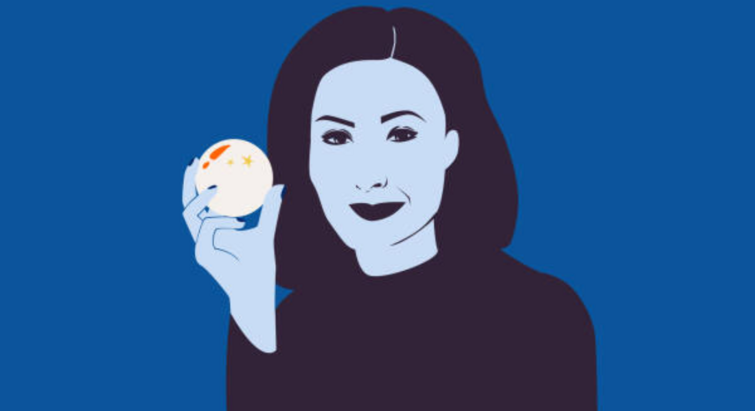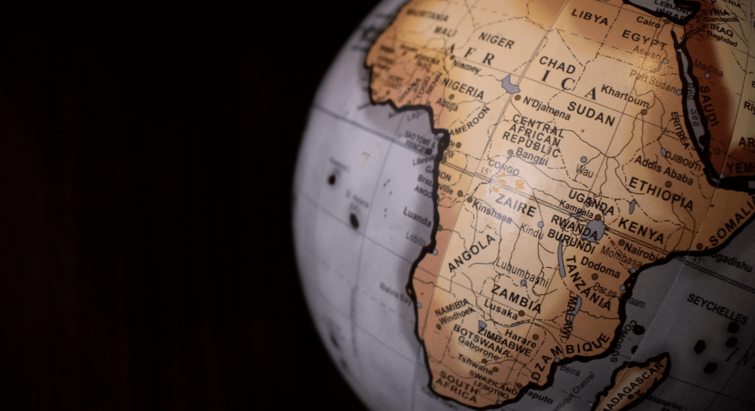
News about Politics
Viser 97 til 120 af 305 dokumenter.


Young people find cocaine use increasingly common in party settings

Atreyee Sen is featured in a recently published ethnographic volume on disappearance
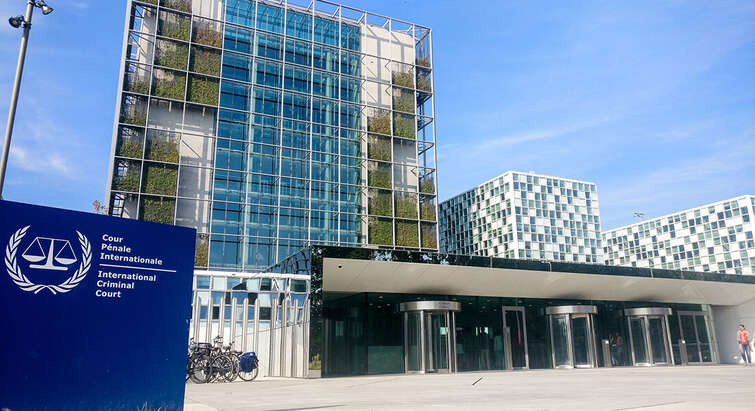
CMS professor gets special role in war crimes investigations

CMS professor gets special role in war crimes investigations

New EU-funded project will explore how AI shapes scientific knowledge
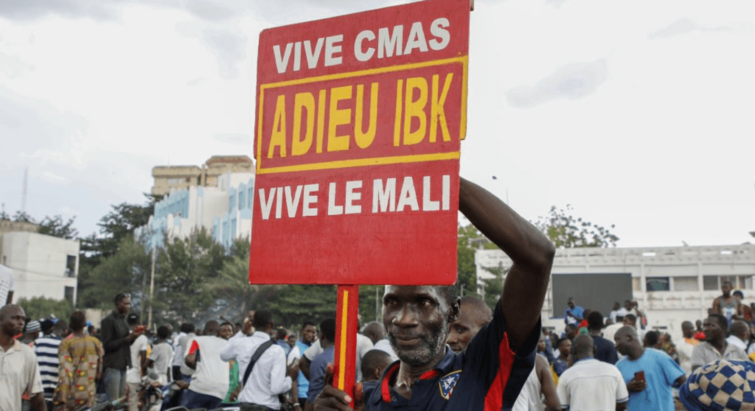
The Resilience of Africa's Democracies and the Their Military Coups

Five social science projects to investigate green transition

Black Americans from well-educated families continue to face educational barriers
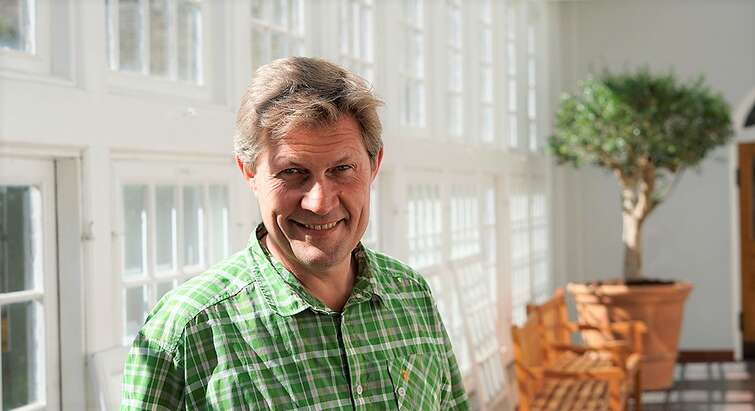
Employment programmes have less effect than assumed
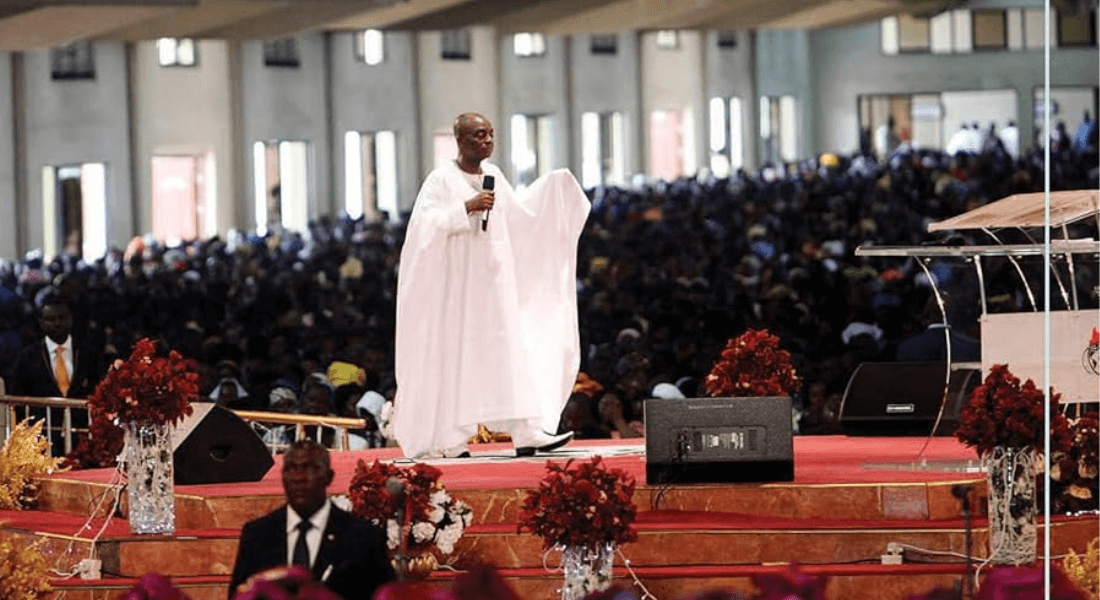
Book Symposium: Pentecostalism and Politics

Nuno Grancho gave a conference paper at Harvard, MIT and Brown Universities

Wokewashing undermines the credibility of CEO sociopolitical communications
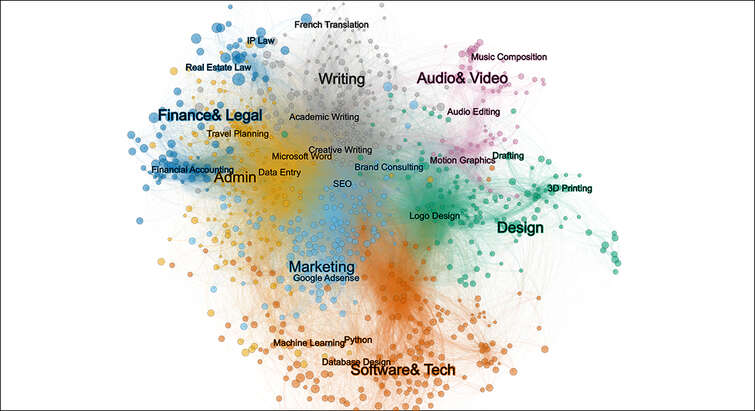
Strong AI skills significantly raise salaries

Strong AI skills significantly raise salaries

Policy Design for Research and Innovation
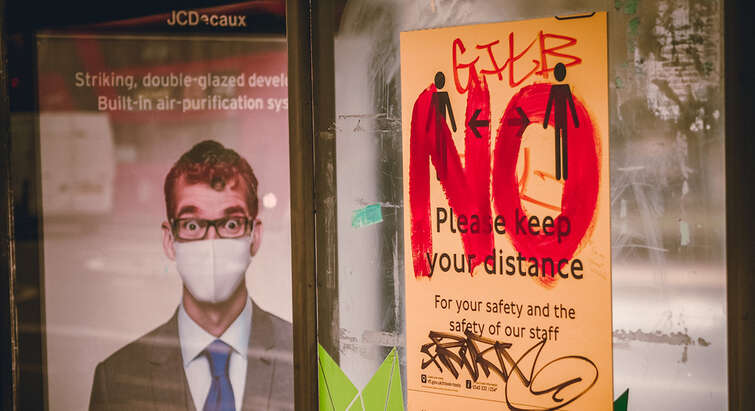
Pandemic fatigue makes us disregard health-protective behaviour
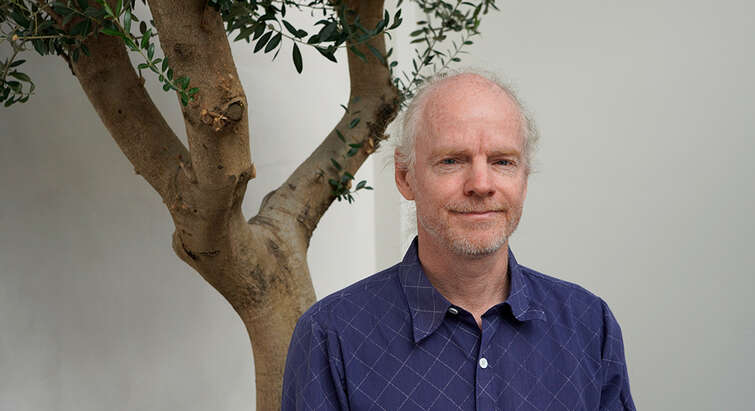
Ayo Wahlberg is new Head of Department of Anthropology

What role do physicians' preferences and beliefs play in their career choices?

New project to map the impact of artificial intelligence on science

Network on Transboundary Pandemic Crises Governance

Higher education boosts earnings and mental well-being after job injuries

Mikkel Vedby Rasmussen: Constant crisis policy threatens our imagination
